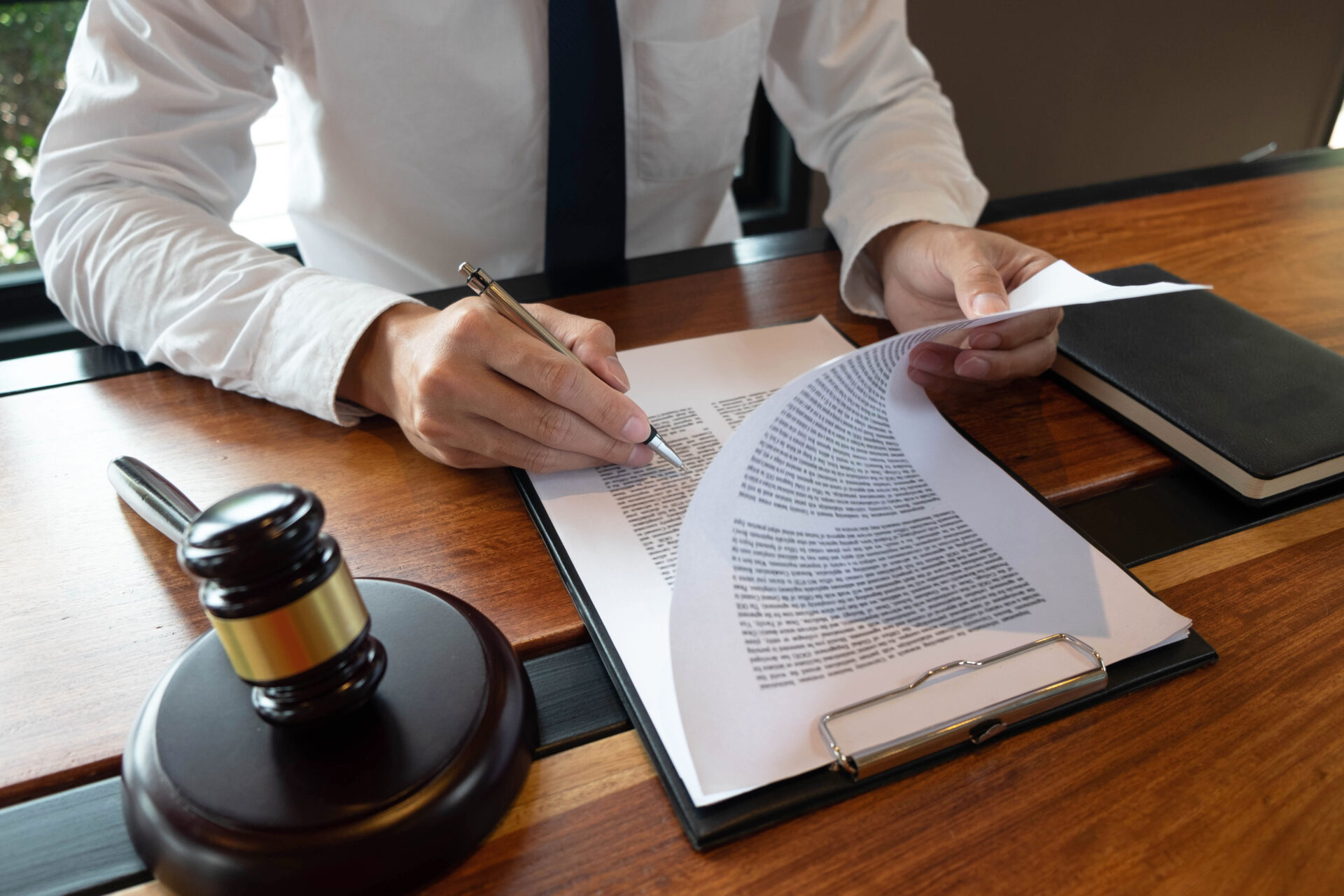
Supreme Court: Damages Not Restricted to Just Three Years in Copyright Cases
The landscape of copyright law is ever-evolving, with new rulings continuously shaping and redefining its contours. The U.S. Supreme Court just handed down a noteworthy decision in Warner Chappell Music, Inc. v. Nealy, No. 22-1078 (U.S. May 9, 2024), with substantial implications on damages recovery in copyright infringement cases.
Here’s the gist of it:
The core issue revolves around the Copyright Act’s statute of limitations, which traditionally requires copyright owners to initiate an infringement claim within three years of when the claim “accrued.” But if the “discovery rule” applies, the claim does not accrue until it is discovered. Thus, the claim is considered timely if it’s brought within three years of when the plaintiff “discovered” the infringement—regardless of when the actual infringement occurred.
But here’s the kicker: lower courts have deliberated and differed on whether this provision also imposed a limit on the recovery of damages, specifically whether damages could be sought for infringements that happened more than three years before the filing of a lawsuit. The Supreme Court’s conclusion? No such limit exists.
The Court stated, “[t]he Copyright Act entitles a copyright owner to recover damages for any timely claim.” According to this ruling, as long as a claim is filed within the discovery-based timeframe (three years from date of accrual), copyright owners are entitled to recover damages for any infringement that that is part of that discovered infringement (no matter when it occurred relative to the lawsuit). This ruling potentially extends the breadth of recoverable damages well beyond what was previously thought possible.
Why is this important? The Supreme Court’s ruling opens up avenues for recouping damages that might have previously seemed beyond reach, provided that the suit is filed within the requisite timeframe. If a plaintiff discover an infringement today that occurred five years ago, the plaintiff now has an argument to recover damages beyond just the past three years.
Keep in mind, however, that in its decision the Court did not expressly rule on whether or not plaintiff’s infringement claim was timely in the first place, it just assumed the discovery rule applied and the claim was timely. The Court reserved ruling on the question of whether or not a copyright infringement should accrue when a party discovers or should have discovered the infringement (i.e., the discovery rule), or when the infringement occurred. The dissenting opinion (by Justice Gorsuch and joined by Justices Thomas and Alito) opined that the discovery rule does not apply to copyright claims. In light of this, future cases may focus on whether or not the discovery rules even applies in the first place.
Every case is unique, and how this ruling applies can vary depending on the specifics. If you have concerns or situations that you think might be affected by this landmark decision, Fennemore’s Intellectual Property team is here to help navigate and explore your options.
Writing Credits: Eugene Pak; Mario C. Vasta
Get MORE. Insights
Stay ahead in the legal world - subscribe now to receive the latest insights and news from Fennemore Law Directly in your inbox!


